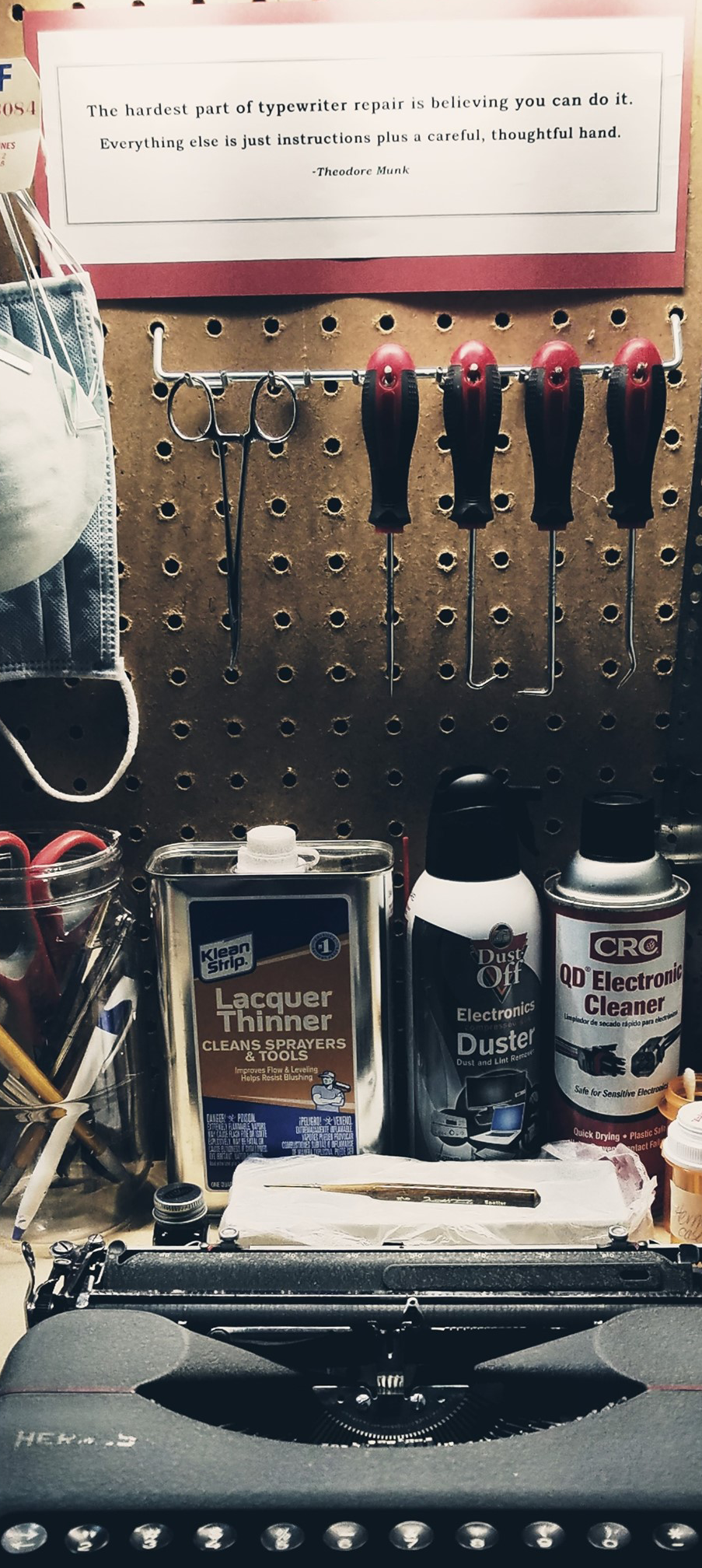Successful Secretary Presented by Royal Office Typewriters. A Thomas Craven Film Corporation Production, 1966. https://www.youtube.com/watch?v=If5b2FiDaLk.
Script: Lee Thuna<br />
Educational Consultant: Catharine Stevens<br />
Assistant Director: Willis F. Briley<br />
Design: Francisco Reynders<br />
Director & Producer: Carl A. Carbone<br />
A Thomas Craven Film Corporation Production
"Mother the mail"
gendered subservience
"coding boobytraps"
"I think you'll like the half sheet better. It is faster." —Mr. Typewriter, timestamp
A little bit of the tone of "HAL" from 2001: A Space Odyssey (1968). This is particularly suggestive as H.A.L. was a one letter increment from I.B.M. and the 1966 Royal 660 was designed to compete with IBM's Selectric
This calm voice makes suggestions to a secretary while H.A.L. does it for a male astronaut (a heroic figure of the time period). Suddenly the populace feels the computer might be a bad actor.
"We're living in an electric world, more speed and less effort."—Mr. Typewriter<br />
(techno-utopianism)
